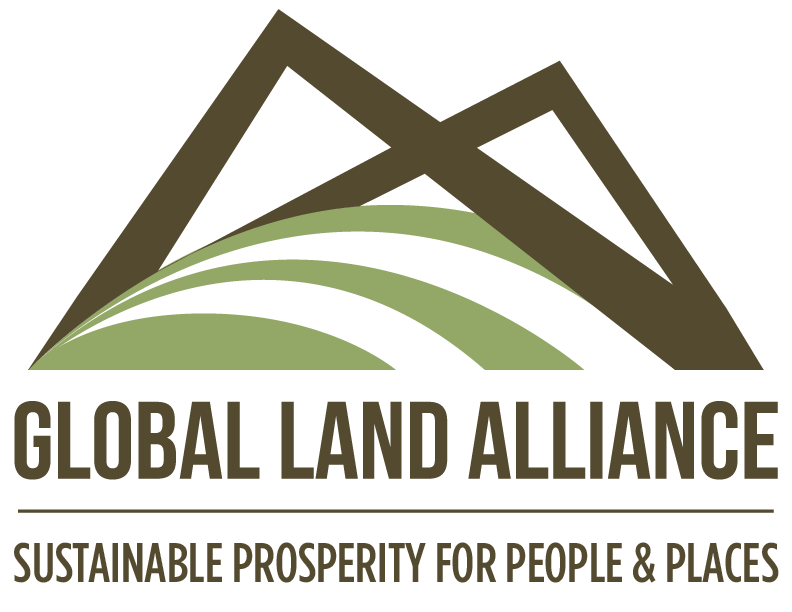Global Land Alliance Become Global Partners of the Stand for Her Land Campaign
This week Global Land Alliance and Prindex formally signed on as global partners of the Stand for Her Land (S4HL). We look forward to collaborating with and supporting coalition partners from around the work to advance the vision of S4HL: to bridge the gap between law and practice for Womens Land Rights.
Background: Officially launched in 2019, S4HL was designed to respond to the implementation gap of laws, policies and institutional frameworks towards advancement for secure WLR in a unique way: galvanizing action and effecting large-scale transformative change through collective, coordinated, multi-level advocacy.
S4HL draws on the strengths and perspectives of a broad range of actors: intergovernmental institutions, development and philanthropic partners, I/NGOs and CSOs, grassroots organizations and activists, with a focus on women’s voices, agencies and leadership at all levels. S4HL learns from, collaborates, and builds on existing efforts to strengthen WLR, and drives a global movement to secure WLR. At the national level, it brings together diverse civil society and grassroots stakeholders to form S4HL locally driven coalitions to advocate with a unified voice and under a unified strategy. National Coalitions develop and pursue a contextualized and coordinated approach to advance secure, equitable WLR at national and local levels, and join forces to advocate at regional and global levels. S4HL facilitates collaborative advocacy between national-level CSOs and grassroots organizations and activists to advocate for change among the duty bearers and power holders in communities. Global S4HL members support national Coalitions to advocate for stronger WLR standards and better implementation as contained in various national, regional and global commitments, including Agenda 2063, the Sustainable Development Goals (SDGs), the Rio Conventions, the Generation Equality Forum, and others. Critically, the global reach of the campaign means that civil society and grassroots women’s voices will be heard and directly influence global processes, and that realizing WLR at individual, family and community levels can be accelerated in practice.
The first phase of the campaign focused on design, development, and piloting. Activities included a comprehensive consultation process with a broad range of global and grassroots organizations to explore the need and inform S4HL’s development; raising global awareness of the development of the campaign and engaging in national-level outreach; elaborating the S4HL vision and brand; forming the Steering Committee; launching a pilot Coalition in Tanzania in 2019; and setting the foundation for new campaign Coalition development in additional countries.
After sustained effort to lay the foundation, establish Country Coalitions, and build the S4HL network, in phase two (2021-2026), the campaign is focusing on two priority areas:
· The first is new projects. Funding from the US Department of State is enabling Coalition formation in Colombia and Bangladesh over the next four years, and funding from BMZ is launching Coalitions in Senegal and Uganda, with additional efforts in Ethiopia over the next five years. USAID is currently considering support for S4HL Tanzania, e.g., via links to their Land Tenure Assistance (LTA) activity and potentially their Mobile Application to Secure Tenure (MAST) program.
· Second, S4HL is cognizant of the current global momentum to close gender equality gap, address emerging challenges of climate change and food insecurity and tackle women economic justice and rights. There is donor interest in the campaign mission beyond current investment; BMZ, Department of State, and USAID are all watching implementation of current projects with keen interest and recognition that the S4HL model has great potential for impact. There is increased global recognition of women’s housing, land, and property rights (WLR) as foundational to gender equality, climate action, and sustainable development; examples here include the recent uptake of the Collective Women’s Land Rights Commitment under the Generation Equality Forum (GEF); recent recognition by the UN Convention to Combat Desertification (UNCCD) of the need for advocacy on WLR; and broad recognition by the multilateral and bilateral donor community of WLR as a key area for investment, and that advocacy is a crucial tool to achieve impact for WLR.

